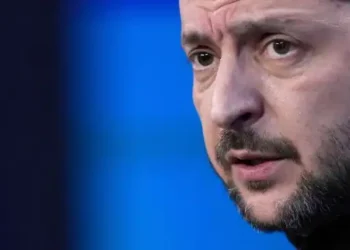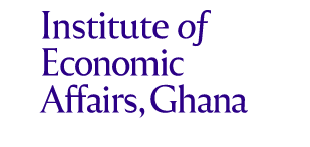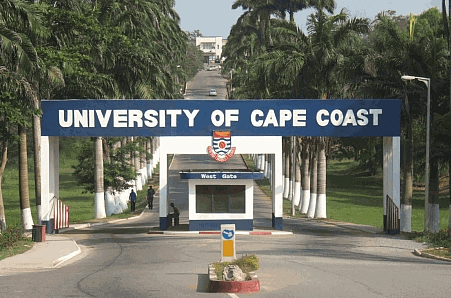Ukraine has filed complaints with the World Trade Organization (WTO) against Poland, Slovakia and Hungary over their bans on food imports from Ukraine.
Yulia Svyrydenko, Ukraine’s first Deputy Prime Minister, said that Ukraine saw such restrictions as a violation of the EU countries’ international obligations.
The three countries announced their own restrictions on Ukrainian grain imports on Friday after the European Commission, the EU’s executive body, decided not to extend its ban on imports into Ukraine’s five EU eastern European member states.
The Commission has repeatedly stated that it is not up to individual EU members to make trade policy for the 27-member bloc.
Imports of Ukrainian grain, including wheat and maize, were blocked from the territory of these five countries under an agreement reached with Brussels earlier this year. Only transit to other destinations was allowed.
“For us, it is critically important to prove that individual member-states cannot ban imports of Ukrainian goods. And that is why we have filed suits through the WTO,” Svyrydenko said in a statement on a government website.
“At the same time, we hope that these states will rescind their restrictions and there will be no need for us to settle our relations in the courts over long period of time. We need solidarity with them and to defend the interests of farmers.”
Yulia Svyrydenko
Svyrydenko noted that Ukrainian traders were already suffering from additional transport costs and difficulties in fulfilling foreign contracts.
“Unilateral actions of EU member states in the field of trade are unacceptable,” the statement added.
The lawsuit, filed on Monday, September 18, 2023, evening before the World Trade Organization (WTO), is meant to launch “consultations” with the three Eastern countries, the Minister said.
According to Poland, Slovakia and Hungary, the bans were necessary to protect their own farmers, who were concerned that cheap grain from Ukraine had pushed down prices.
“The bureaucrats in Brussels are turning a blind eye to the problems of European farmers once again,” Hungarian Prime Minister, Viktor Orbán said Saturday, September 16, 2023, on social media.
“It’s time to take matters into our own hands! Ukrainian agricultural products destined for Africa are flooding Central European markets,” Orban said.
Hungary imposed an import ban on 24 Ukrainian products such as grains, rapeseed and sunflower seeds, certain meat products, honey and eggs.
Poland moved to exclude Ukrainian agricultural products including wheat, corn and rapeseed.
“We do not agree with the decision of the European Commission and in the interest of Polish farmers and consumers, we are introducing national measures,” said Piotr Müller, spokesperson for the Polish government.
The Slovak government decided to ban the import of four commodities — wheat, corn, rapeseed and sunflower seeds — from Ukraine, Prime Minister Ľudovít Ódor said on Friday evening.
“We have to prevent excessive pressure on the Slovak market in order to remain fair to our farmers as well. At the same time, our step is a reaction to the similar procedure of Poland and Hungary,” Ódor said.
Poland Affirms Its Decision
Moreover, Poland stated that it would maintain its ban regardless.
“We maintain our position, we think it is correct, it results from an economic analysis and powers derived from EU and international law,” said government spokesman Piotr Müller
“A complaint before the WTO doesn’t impress us,” he added.
Also, speaking to journalists at the meeting of EU agriculture ministers on Monday, Poland’s Agriculture Minister, Robert Telus suggested that it might be “dangerous” to continue participation with the platform amid concerns of lawsuits.
“If we are on this platform and if the Ukrainian side says that it wants to cite us to the WTO, then any statement we make on this platform can be used against [us],” he said.
Telus added that, until Ukraine “backs down” on its threat to bring the case to the WTO, it is “dangerous for us to continue to participate there.”
READ ALSO: Shutdown Of Operations By IPPs Will Bring Reputational Damage To Ghana- IES





















